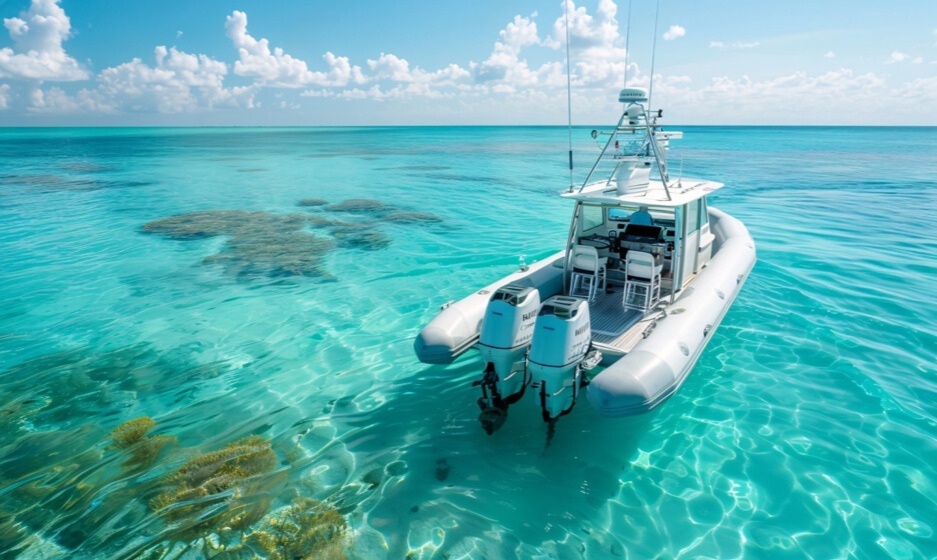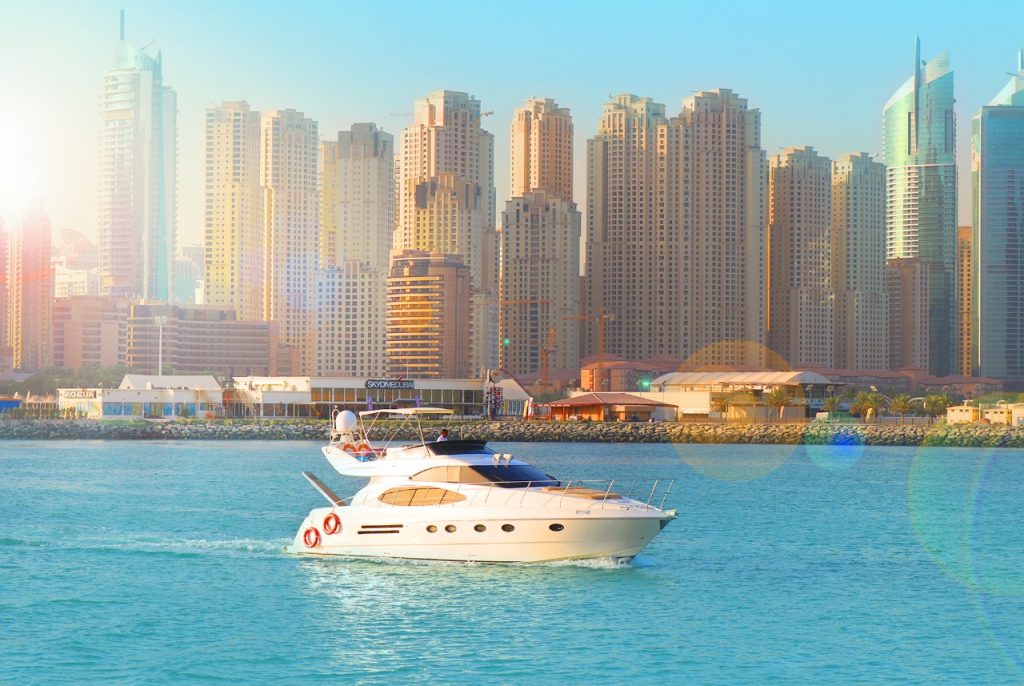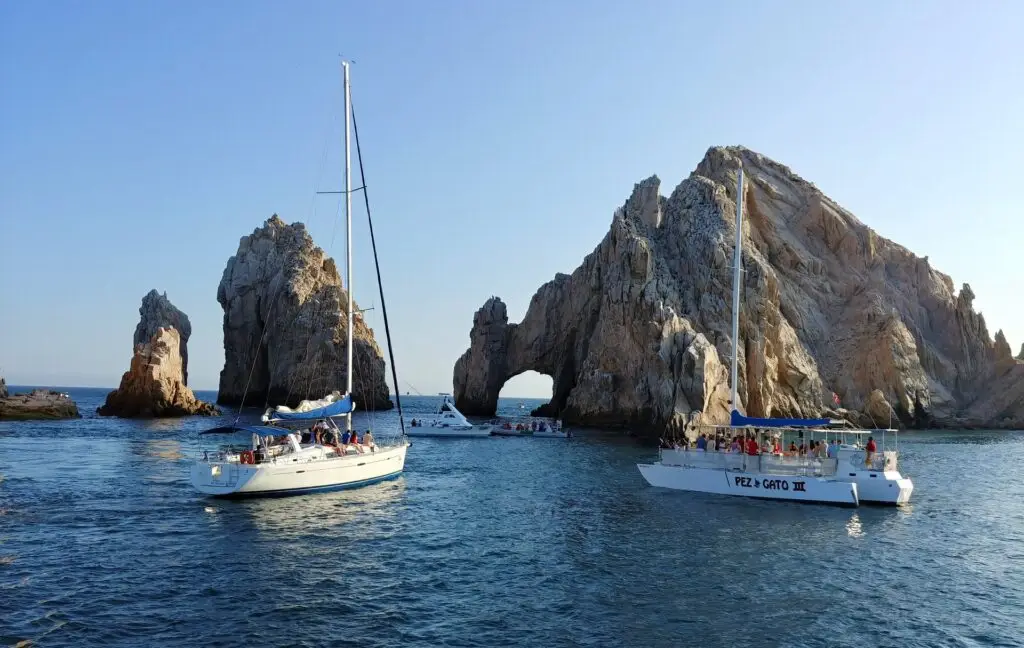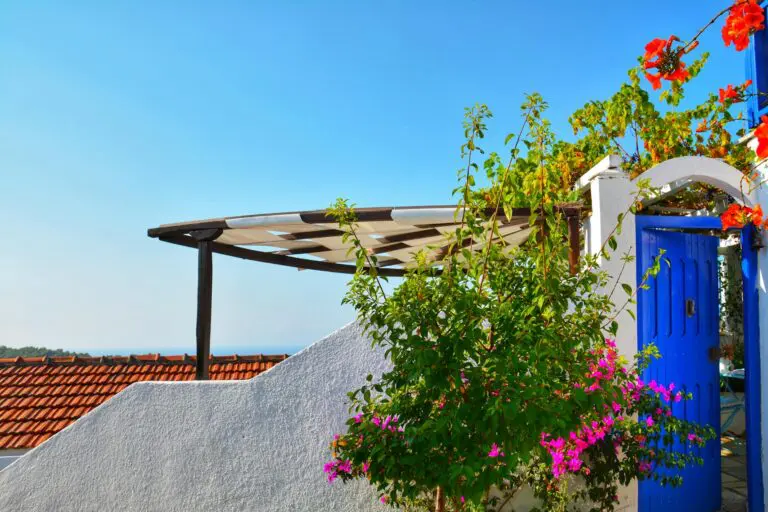If you spend time on the water, you already know how important the engine is to your whole boating experience. It’s the part that controls your boat’s speed, fuel consumption, and whether or not you can trust your boat to get you back safely.
Most people choose outboard motors because they are mounted on the outside of the boat, which makes them easier to handle, service, and even replace if needed.
But this is to consider that what works perfectly on a small fishing boat won’t cut it for a big offshore cruiser. The size of your boat, how you use it, and the kind of trips you take all play a role.
This guide breaks down the differences between engines for small and large boats so you can choose what’s right for you.
Best Outboard Engines for Small Boats
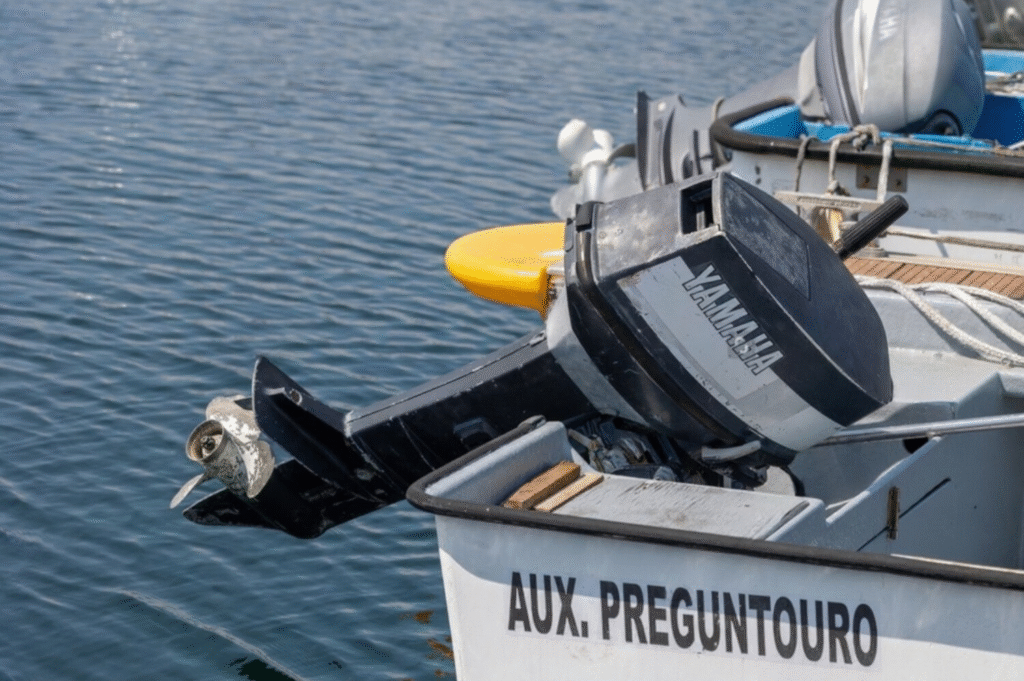
Generally, small craft such as dinghies, fishing boats, day cruisers, and inflatable boats commonly require outboard engines with horsepower ratings ranging between 2HP y 60HP. For this category of craft, higher horsepower is not as important as power for its intended use and for providing operating efficiency.
Tour operators often favor certain engine types for reliability on scenic routes. For example, fishing boats and day cruisers often use them by families for short cruising trips along the coast and benefit from quiet motors that provide acceleration to a lower-end cruising speed of 30 knots with reliable performance capability. Dinghies or inflatables often use lightweight, portable engines that are easy to remove, store, and even carry by hand.
Many reliable brands dominate this segment with outboard engine models such as:
- Yamaha Portable Outboards are dependable, lightweight, and fuel-efficient, making them the right choice for smaller sport or utility boats.
- Mercury FourStroke engines are smooth, powerful, and fuel-efficient, while providing reliable, recurring performance.
- Suzuki DFs are quiet, efficient, and packed with advanced technology for confident boating.
- Tohatsu outboards are Lightweight, low-maintenance, and affordable, for easy and dependable use.
Best Outboard Engines for Large Boats
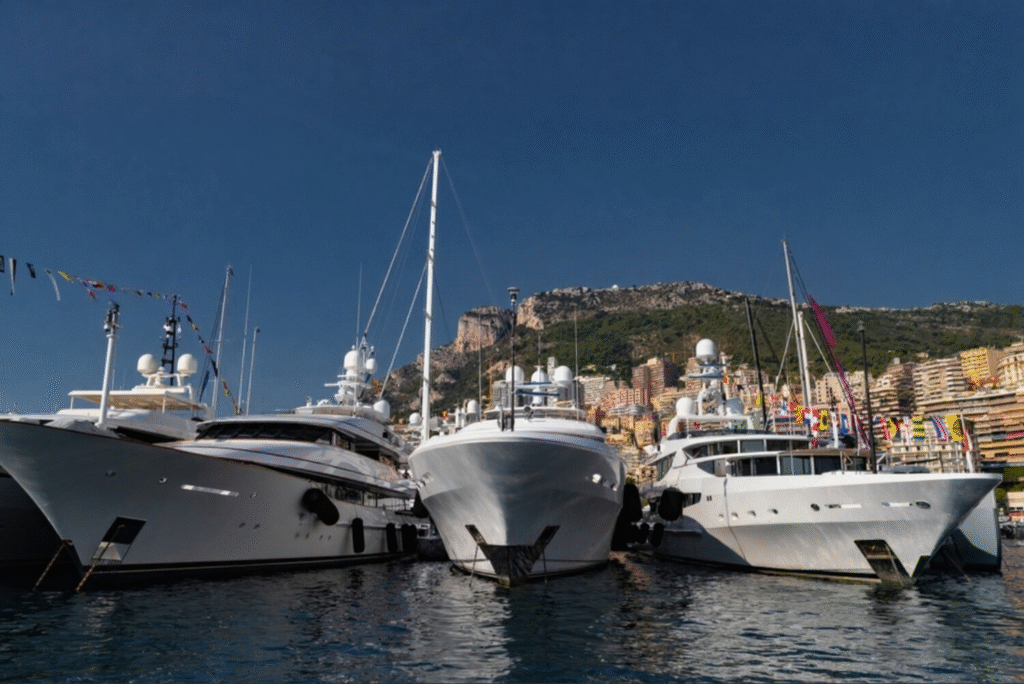
Larger boats, including offshore fishing vessels, commercial craft, and luxury cruisers, frequently require more horsepower than the smaller models we discussed earlier, typically between 150 HP y 600 HP. Larger outboards focus far more on power, endurance, and integration of “next-gen” electronics. Larger boats, also referred to as offshore boats, travel in rough water conditions, so they value steady torque and pulling loads for long periods of time.
Most outboard engines for larger boats include advanced cooling systems, digital power controls, and fuel injectors for reliability.
Large multi-engine setups are also standard and provide redundancy if one engine were to fail. Some great examples include:
- Mercury Verado is an outboard motor with outstanding traits and high capacity
- Yamaha XTO Offshore is an outboard designed for long-distance travel with high torque and good fuel economy
- Honda BF variants are highly regarded for quality engineering, longevity, and durability
Comparing Small vs. Large Boat Outboard Engines
To better understand the differences, here’s a side-by-side comparison:
| Feature | Small Boat Outboards | Large Boat Outboards |
| Horsepower Range | 2 – 60 HP | 150 – 600+ HP |
| Cost | Affordable upfront + low running costs | High purchase price + expensive to run |
| Maintenance | Simple, often user-friendly servicing | Complex, usually requires professional service |
| Fuel Efficiency | Highly efficient, minimal consumption | Moderate, higher consumption due to power |
| Ideal Users | Casual boaters, anglers, day-trippers | Offshore fishers, commercial users, cruisers |
Small boat engines are lightweight, less expensive, and fuel-efficient, making them useful for recreational boating. On the other hand, large outboards are expensive but are important for offshore work, heavy loads, luxury cruising, and other uses. When comparing them, your goal will influence your engine choice.
For example, small engines are preferable for simpler goals such as portability or saving money, while large outboards are ideal for goals like continuous use and more power.
Reliability and Trusted Outboard Brands
Engine size is important, but brand reliability is equally important. Outboards are subjected to salt, heat, and wear, so selecting a manufacturer with a reputation for reliability will ensure you can rely on it long-term.
- Yamaha has long been hailed for performance and durability with their engines for both freshwater and marine use.
- Mercury blends performance and innovation.
- Suzuki is a consistent performer with their more recent four-stroke models.
- Honda provides automotive-engineered engines while Tohatsu claims lightweight, low-maintenance models.
Service networks are increasing in importance, and reliable manufacturer networks establish regional spare parts availability for minimal downtime in a reliable service location. For a deeper look at the most reliable outboard engine brands, check out this detailed guide by OBParts.
Key Factors to Consider When Choosing an Outboard Engine
While the size, design, and purpose of outboard engines can differ, the primary considerations remain the same:
- Horsepower: The size of the vessel dictates the horsepower required. An underpowered engine will struggle when there are waves, and an overpowered engine uses excessive fuel and may risk the stability of the boat.
- Weight-to-Power Ratio: A smaller vessel requires a lightweight engine that is easy to handle and operate. A larger vessel requires a heavier motor that will provide good torque and introduce long-term stability at sea.
- Fuel Efficiency: Fuel prices are rising every day, making it imperative that we consider fuel efficiency. A four-stroke engine will give us the best advantage, in addition to running quietly, and reducing operating costs in the long run for our small and large vessels. As seen in a SeaBookings trip, even leisure dolphin-watching boats use four-stroke outboard engines owing to their low noise and efficiency.
- Maintenance: Small outboard engines can usually be serviced or maintained at home using basic tools. Larger engines tend to have complicated electronic systems and cooling systems that most often require professionals to service.
- Cost: Small outboard engines are relatively inexpensive to purchase and maintain, even for casual boaters. Offshore engines can average tens of thousands, in addition to installation costs, and increased fuel and maintenance costs.
Conclusión
Choosing the right outboard motor involves not only its horsepower rating, but also matching it to your particular boat, usage, and budget. Small lightweight boats typically operate well with lightweight, fuel-efficient, portabley low-cost engines, while larger boats need an outboard motor that is powerful and designed for long distances, larger loads, and offshore conditions.
When selected carefully, there is a place for both small and large outboards. Considering engine horsepower, engine weight, fuel economy, and comparing brands will limit the number of hiccups you will incur and keep the family cruising.
Most importantly, reliability should guide your decision, as there is more to an engine failure at sea than being an inconvenience; it may be a safety issue. Invest wisely, and the right outboard will reward you with years of smooth, safe, and enjoyable boating.
